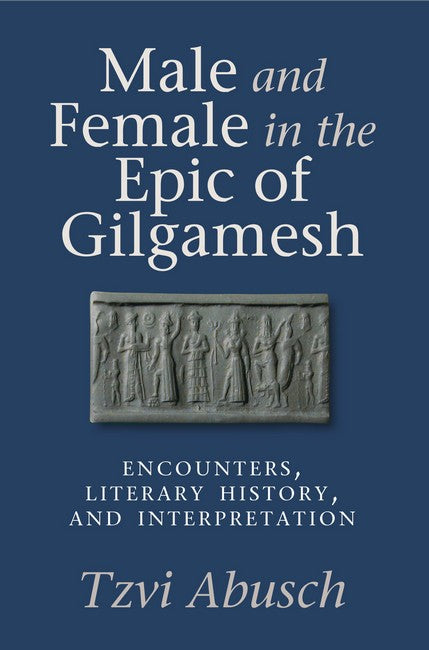Preface
Introduction
Sources
Chapter 1. Ishtar’s Proposal and Gilgamesh’s Refusal: An Interpretation of The Gilgamesh Epic, Tablet VI, Lines 1–79
Chapter 2. Gilgamesh’s Request and Siduri’s Denial, Part I: The Meaning of the Dialogue and Its Implications for the History of the Epic
Chapter 3. Gilgamesh’s Request and Siduri’s Denial, Part II: An Analysis and Interpretation of an Old Babylonian Fragment about Mourning and Celebration
Chapter 4. Mourning the Death of a Friend: Some Assyriological Notes
Chapter 5. The Epic of Gilgamesh and the Homeric Epics
Chapter 6. The Development and Meaning of the Epic of Gilgamesh: An Interpretive Essay
Chapter 7. The Courtesan, the Wild Man, and the Hunter: Studies in the Literary History of the Epic of Gilgamesh
Chapter 8. Hunting in the Epic of Gilgamesh: Speculations on the Education of a Prince
Chapter 9. The Tale of the Wild Man and the Courtesan in India and Mesopotamia: The Seductions of Ṛśyaśṛṅ;ga in the Mahābhārata and Enkidu in the Epic of Gilgamesh (coauthored with Emily West)
Abbreviations
Bibliography
Index of Citations

